INTERNATIONAL INVESTMENT
AND PORTAL
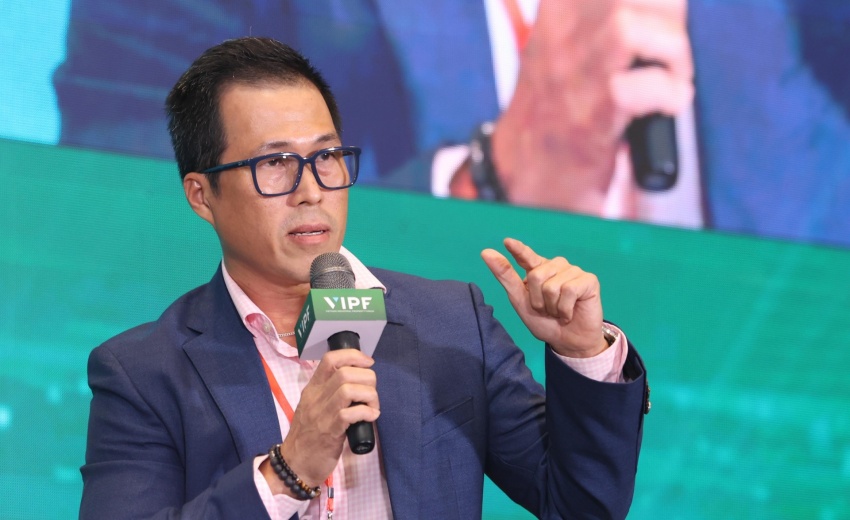 Truong Bui, CEO of Roland Berger Vietnam
Truong Bui, CEO of Roland Berger Vietnam
At the second panel discussion to discuss Vietnam's new growth drivers, Truong Bui, CEO of Roland Berger Vietnam, a strategic consulting firm originating from Germany that has implemented many projects for both the public and private sectors, believed that Vietnam's new growth momentum is influenced by both external and internal factors.
Of these, external impacts include those caused by the instability of the global economic environment, which are affecting Vietnam's new growth drivers. Internal impacts come from the Vietnamese government's orientation in the new era, concretised by Resolution No. 57-NQ/TW, focusing on developing Vietnam into a powerhouse of innovation, science, and digital transformation. This serves as a guiding compass for economic and industrial development. These two factors together will shape Vietnam's new growth cycle.
Bui said, “FDI and high-tech industries, ESG, and human resources are the three main drivers in the new development cycle.”
Among them, FDI and high-tech industries will entail significant transformation requirements. Vietnam aspires to develop high technology, particularly the semiconductor industry. The key question is how to build a technological development ecosystem and supporting foundational industries around it.
ESG considerations are a major concern for investors, dictating the decisions they make and growth momentum.
Human resources remain a pressing challenge, he said. The workforce must not only be low-cost, but also high-quality to meet the demands of high-tech industrial development. For investors entering Vietnam, the main issue is no longer just taxes or costs, but whether there is a sufficient pool of skilled labour to meet production needs.
“FDI requirements have changed significantly,” Bui stated. "In the past, many investors could opt for older industrial parks, but now, provinces aim to attract high-tech industries. Traditional sectors such as footwear and furniture manufacturing are no longer as warmly welcomed. The critical challenge is how to develop a supporting ecosystem for high-tech FDI, something of great importance."
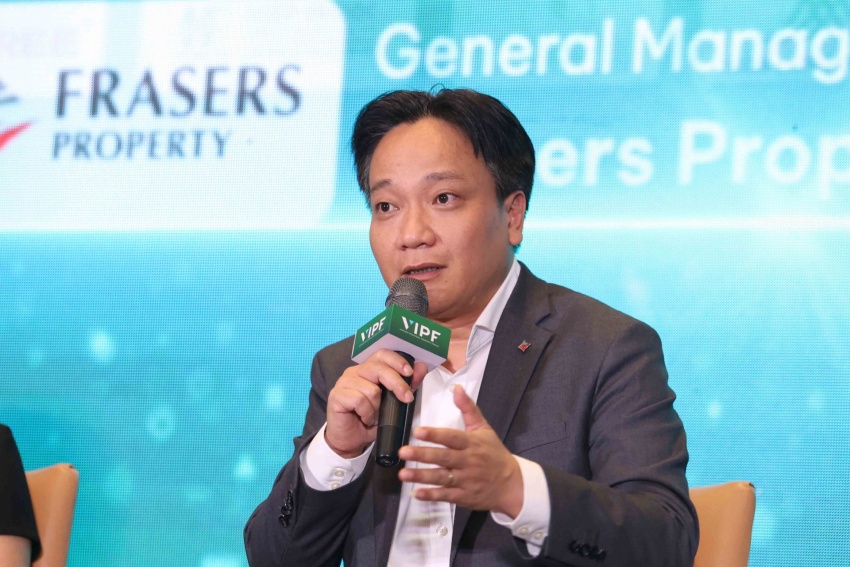 Truong An Duong, general manager of industrial and residential at Frasers Property Vietnam
Truong An Duong, general manager of industrial and residential at Frasers Property Vietnam
When discussing the development of IPs in the new era, Truong An Duong, general manager of industrial and residential at Frasers Property Vietnam, pointed out the differences between domestic and foreign developers of IPs.
Foreign corporations like Frasers typically have a long-term investment vision. They plan projects based on the expected industrial demand in Vietnam over the next 5, 10, or 15 years, ensuring that factory standards and utilities continue to meet market requirements.
“Foreign developers prefer not to switch partners every 3-5 years (a short-term leasing cycle). Instead, they seek maximum operational support and stable conditions so that manufacturers can operate sustainably and avoid high relocation costs,” Duong said.
Despite these differences, domestic developers are now growing rapidly, showing creativity, innovation, and increasingly long-term perspectives in their real estate investments, he said. “The gap between domestic and foreign investors is narrowing.”
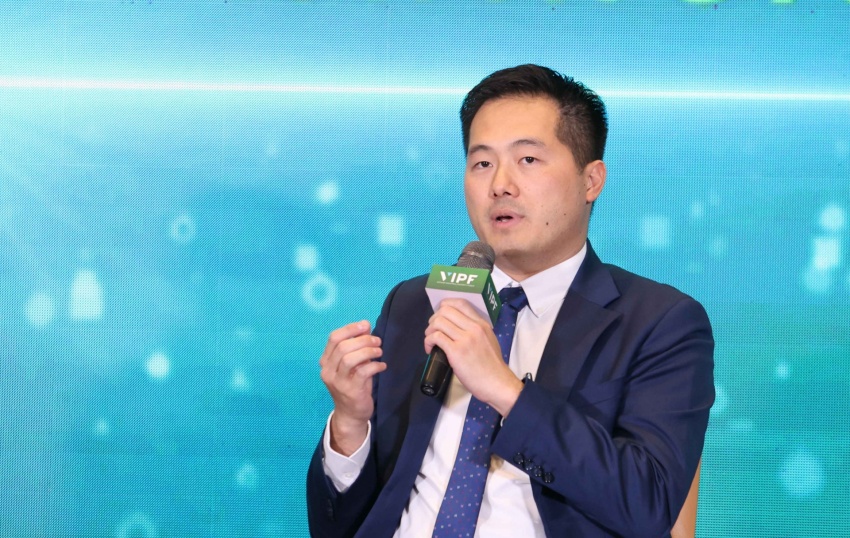 Truong Khac Nguyen Minh, deputy general director of Prodezi Long An
Truong Khac Nguyen Minh, deputy general director of Prodezi Long An
Highlighting the characteristics of next-generation green, smart, and integrated IPs, Truong Khac Nguyen Minh, deputy general director of Prodezi Long An, stated that Vietnam's net-zero commitment requires a comprehensive and synchronised transformation, not just isolated technical solutions. Thus, traditional industrial park models must evolve into eco-industrial parks or eco-industrial urban areas (integrating industrial, residential, and commercial zones).
The eco-industrial park model is a solution to help the government achieve its goals while attracting foreign funding with high ESG and carbon-emission standards (such as those from Europe, North America, and Japan). Vietnam already has a basic legal framework in Decree No.35/2022/ND-CP and Circular No.05/2025/TT-BKHDT, which clearly outlines the development direction for next-generation IPs.
"However, new-generation FDI will come with higher technical barriers regarding origin tracing, supply chains, renewable energy, and industrial symbiosis. Therefore, a clearer and more specific legal corridor is needed, possibly even a specialised law on IP development, to promote a sustainable manufacturing foundation," Minh said.
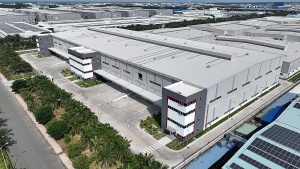 Industrial expansion accelerates across northern Vietnam
Industrial expansion accelerates across northern Vietnam
Northern Vietnam's industrial real estate sector is witnessing rapid expansion as it cements its position as a key manufacturing and investment hub. Yet, despite strong growth in new supply, demand continues to surge well beyond available capacity.
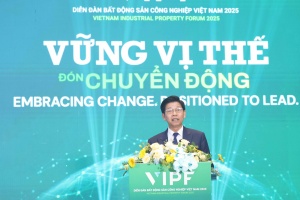 VIPF 2025 highlights Vietnam's evolving real estate landscape
VIPF 2025 highlights Vietnam's evolving real estate landscape
The fifth Vietnam Industrial Property Forum (VIPF 2025) opened in Ho Chi Minh City on October 29, bringing together building, experts, and industry leaders to discuss the latest developments and emerging trends in Vietnam's industrial real estate sector.
 Key trends shape industrial property
Key trends shape industrial property
Vietnam is expected to undergo a transformation in how it builds and operates industrial areas. Truong Gia Bao, vice chairman and secretary general of the Vietnam Industrial Real Estate Association, shared with VIR's Bich Ngoc his insights on the key development trends shaping Vietnam's industrial property sector.



















